Empty dropdown
Notes:All Dealroom.co data excludes Israel and the following: biotech, secondary transactions, debt, lending capital, and grants. 2022 figures show data as of 31 October 2022.
Across every metric, Europe’s capital markets are maturing. There are more players of every type, at every funding stage, and from international as well as domestic funds. Debt providers' role in the tech ecosystem is growing in importance and has reached yet another milestone in 2022.

There are three main reasons driving innovation businesses to add a layer of debt to their capital structure. Firstly, companies are using debt to extend their cash runway into 2024, essentially planning for a longer ‘rainy day’ than many of us had anticipated. Secondly, highly liquid growth companies are putting ‘hunting’ debt lines in place to fund M&A opportunities, accelerating their long-term growth plans. And thirdly, growth-stage companies are putting working capital debt lines in place to help fund their day-to-day funding requirements, rather than using equity. Debt financing accounts for 6% of the annual VC investment across Europe, and is becoming a core component of how founders, CEOs, CFOs and their investors finance the growth of their businesses.
Debt financing is difficult to track accurately as most transactions are either completely undisclosed or the debt component within the transaction is not provided. And yet, debt is a critical component of the overall financing landscape in the European tech ecosystem. It has been growing quickly in recent years and, importantly, is only going to be of more relevance as liquidity is tested in the equity capital markets. We feel, therefore, it's important we make an attempt to quantify the state of the debt financing landscape in Europe, even if there are limitations to our analysis.
To better estimate the amount of debt going into early-stage VC-backed companies, we have used the following Dealroom methodology for the debt landscape analysis:
Lending capital transactions are excluded as well as certain sectors that have a different financing profile, making it difficult to estimate the share of debt financing in these transactions. Namely "infrastructure lending", commonly used by companies in sectors such as energy, telecom, or hosting as well as credit facilities to finance capital expenditures (transportation) or operations (fintech).
Similar to the overall amount of equity investments, debt has seen a large increase in 2021 and 2022, growing 4x within the past five years.
In relative terms, it has seen an uptick in proportion to equity investment, representing the equivalent of around 5.6% of the total equity investment into private European tech companies.
This increased demand for debt is also a function, in part, of conversations with investors about how to shore up balance sheets and manage cash flow.
According to VC respondents to our survey, just under 30% shared they have advised companies to use debt financing as a way to increase cash balances and runway. The probability is higher for those investors that are focused on later-stage companies.
After a dip in 2019 and 2020, the number of disclosed debt rounds have seen a jump in interest over the past two years, as founders started turning more towards debt.
Needless to say, these rounds represent only a subset of the activity taking place, but they provide insights into the direction of travel and increased demand for debt instruments.
Given the enduring challenges in the equity capital markets, it is expected to become a more frequent source of funding for companies over the next 12 months.
Across Europe, a number of VC-backed companies raised debt financing in 2022.
Looking at the top transactions disclosed provides a sense for the type of companies turning to debt financing. The largest debt transaction this year in Europe was by Celonis, over 3x the size of the second largest round raised by Casavo.
| Company | HQ | Sector | Round size ($M) | Date | |
|---|---|---|---|---|---|
| 1 | Celonis | Germany | Enterprise software | 1,300 | Aug-22 |
| 2 | Casavo | Italy | Real estate | 400 | Jul-22 |
| 3 | Bending Spoons | Italy | Sales & marketing | 372 | Sep-22 |
| 4 | Doctolib | France | Healthcare | 370 | Mar-22 |
| 5 | Jobandtalent | Spain | Recruiting | 220 | May-22 |
| 6 | ContentSquare | France | Sales & marketing | 330 | Jul-22 |
| 7 | Cera | UK | Healthcare | 306 | Aug-22 |
| 8 | Kry | Sweden | Healthcare | 151 | Jul-22 |
| 9 | Seura | Spain | Enterprise software | 150 | Sep-22 |
| 10 | Juni | Sweden | Enterprise software | 106 | Jun-22 |

HQ: UK
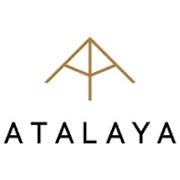
HQ: US
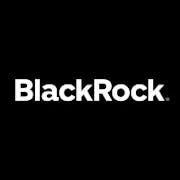
HQ: US

HQ: UK

HQ: Luxembourg
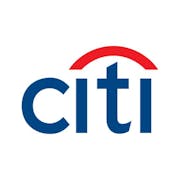
HQ: US

HQ: UK

HQ: Germany

HQ: Luxembourg

HQ: UK
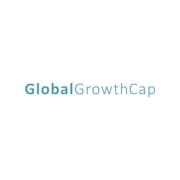
HQ: UK

HQ: US

HQ: US
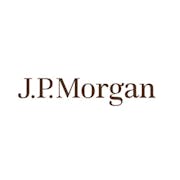
HQ: US

HQ: UK

HQ: US
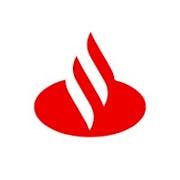
HQ: Spain

HQ: Czech Republic

HQ: US

HQ: Israel
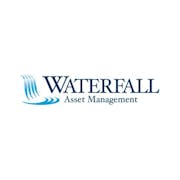
HQ: US